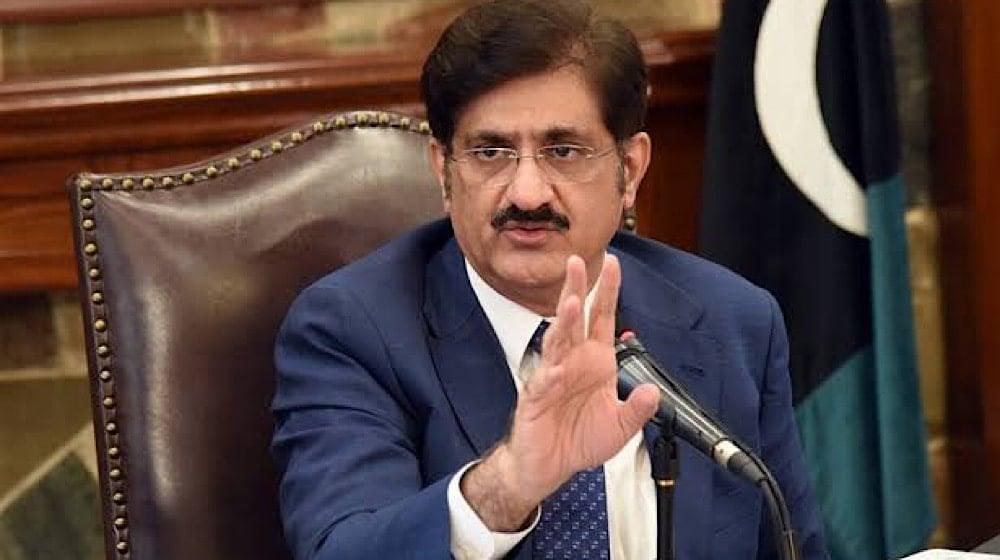The Sindh Prime Minister Murad Ali Shah reaffirmed the opposition of his government to the controversial project of the channel linked to the green initiative of Pakistan and urged protesters to avoid blocking roads during their demonstrations.
Speaking at a press conference in Karachi on Tuesday, Shah called lawyers, nationalist groups and other activists who protest the construction of new channels to continue with their resistance peacefully. “Lawyers and nationalists must continue their protest without worrying their own people,” he said.
The CM reiterated that the Popular Party of Pakistan (PPP) shares the concerns of the protesters and warned that the party could organize its own demonstrations if the ongoing negotiations with the federal government fail.
Shah promised: “The Government of Sindh and the PPP will not allow the channel project to be built with the power of people.” He added that the work in the project has stagnated since July 2024 and questioned why the project had not been officially discarded.
“Prime Minister Shehbaz Sharif is also aware of the serious consequences of the channel project,” he said.
Federal officials, including Sanaullah Rana, have tried to assure Sindh that their water rights will not be compromised, urging dialogue and moderation.
Sindh’s Minister of Information, Sharjeel Memon, also echoed that feeling, reaffirming the disposition of the province to participate in conversations while asking the protesters to avoid the blockages of the road that damage daily life.
Run in February by the head of the Army personnel, the general also Munir, and the Prime Minister of Punjab, Maryam Nawaz, the Green Initiative of Pakistan aims to expand agriculture through the new channel infrastructure.
The project caused generalized protests through Sindh, where many fear that it would divert the vital water of the Indo River. In March, the Sindh Assembly unanimously approved a resolution that opposes the construction of six new channels, and nationalist parties have organized great demonstrations in cities, including Karachi.




